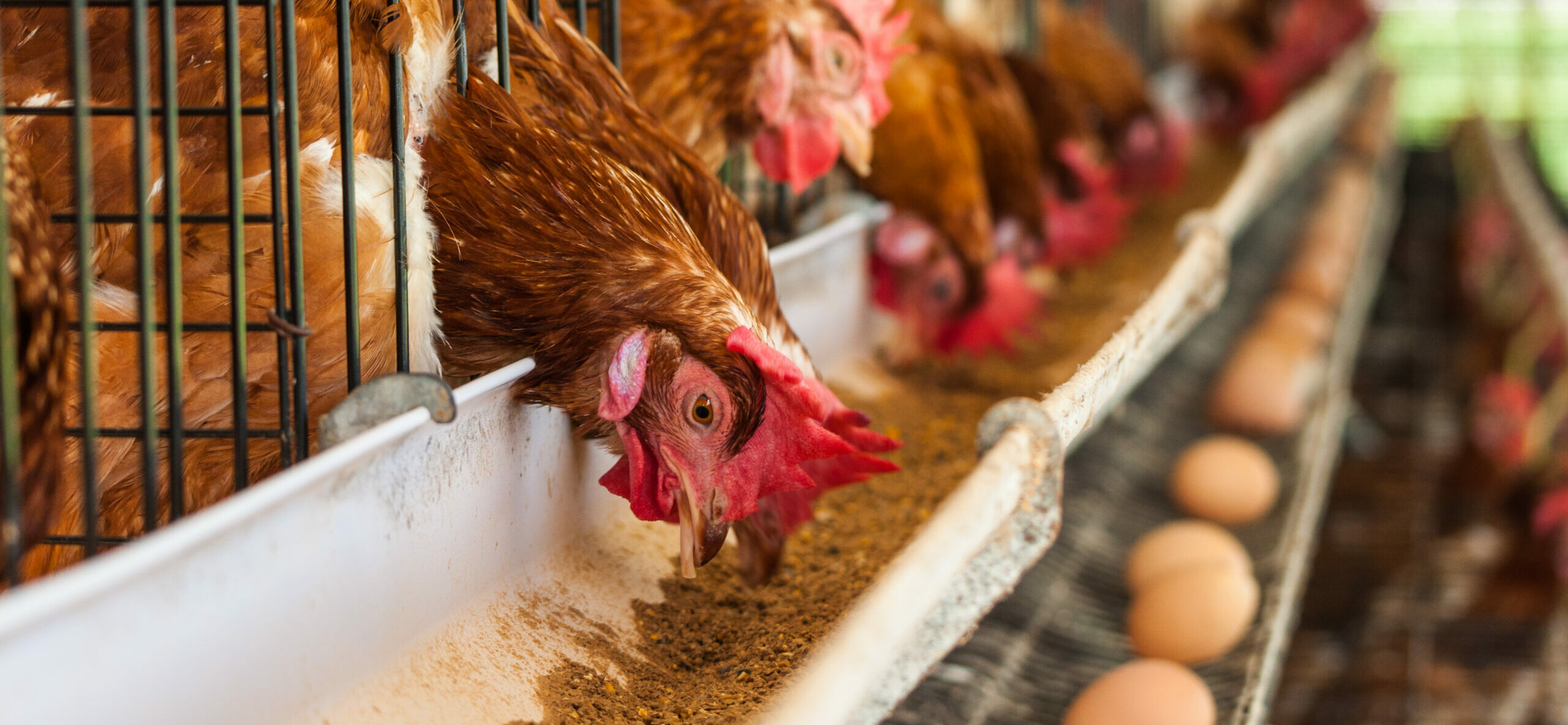The Avian Flu: How can this impact you?
Jean Fong2024-11-15T09:51:32-08:00Earlier this week, B.C. health officials confirmed the first human case of the H5N1 virus (aka avian influenza) in B.C. How this person became infected is still under investigation, however, the BC Centre for Disease Control believes that it was transmitted from an infected bird or animal from within the province.
This is an airborne virus that can spread from birds and animals to people—it is not spread through the consumption of eggs or poultry. Even though it is highly contagious between animals and the virus has been found in cats, dogs, cattle, goats, pigs, foxes, raccoons and skunks, according to Health Canada it is rare to find the virus in humans and there is no evidence of a person getting the virus from another person. The B.C. Centre for Disease Control confirms that the virus does not easily spread from person to person.
Who does this impact?
Since October, the virus has been detected on 24 different poultry farms and a number of wild birds have also tested positive. Among the workers who face an increased risk of exposure are those in food processing.
With this increased hazard, there are a number of controls that can be put into place by employers for their workplace, for supervisors, and individuals.
Building an exposure control plan—and other employer controls
Similar to any other hazard, employers are asked to assess their situation and identify any work processes or procedures that can expose a worker to the avian flu.
For the avian flu, WorkSafeBC has provided resources and bulletins for employers that include what must be included in an exposure control plan (ECP) and examples of engineering and administrative controls, such as restricted zones or areas, in addition to possible PPE such as respirators, goggles, and gloves.
If your facility needs to have distinct zones to restrict access and exposure to livestock or poultry (RAZ), you will need to implement enhanced biosecurity protocols according to the Canadian Food Inspection Agency (CFIA).
Together these two documents list a number of administrative controls and procedures for RAZ zones including PPE donning and decontamination. In any case, if you suspect poultry is infected, you must notify the CFIA, your nearest vet and BC animal health centre.
A few highlights from WorkSafeBC’s template and guide for an exposure control plan for avian influenza virus in poultry and other operations for employers:
- Ensure that the materials and other resources required to implement and maintain this ECP (e.g., personal protective equipment and worker training) are readily available where and when they are required.
- Recommend and provide access to vaccinations as recommended by the regional health authority. Vaccinations will be provided at no cost to workers.
- Conduct a periodic review (at least annually) of your ECP.
- Ensure that supervisors and workers are educated and trained.
- Investigate all exposure incidents, including near misses.
- Coordinate work with other employers to ensure a safe work environment. This includes:
- Informing all subcontractors of specific hazards on the worksite.
- Ensuring that subcontractors have appropriate ECPs and safe work procedures.
Know the symptoms of avian flu—and worker controls
It is hard for a worker to know whether or not they have been infected. According to Health Canada:
“Infected people have reported a variety of symptoms, from mild reactions such as, conjunctivitis (i.e., red eyes with discharge) to influenza-like illness (i.e. fever, sore throat, muscle aches) to severe respiratory illness. Others remain completely asymptomatic.”
Symptoms of the avian flu in humans are similar to many strains of influenza:
- Conjunctivitis (i.e. “pink eye,” red and itchy eyes with discharge)
- Fever
- Sore throat
- Muscle aches
- Tired
- Shortness of breathe
For workers who think you’ve been exposed to the virus and feel the above symptoms, here are a few important things to do:
- Isolate
- Let your supervisor know
- Contact your family doctor or another health provider
If you need help with an exposure control plan…
If you are looking for help in developing or would like to review your exposure control plan, reach out to a Manufacturing Safety Alliance of BC Safety Advisor. Our safety advisors are equipped to support you in developing a comprehensive health and safety plan to manage the hazards that may arise from the avian flu for food processors and other manufacturers.
Email [email protected] to get connected today.



